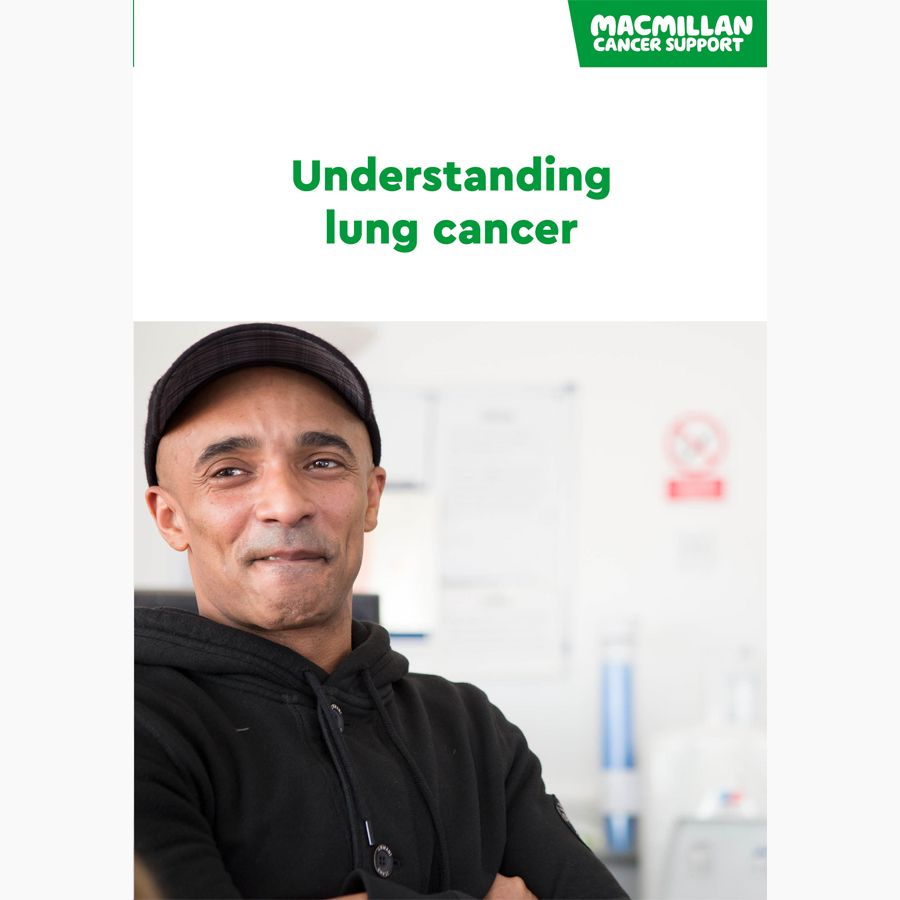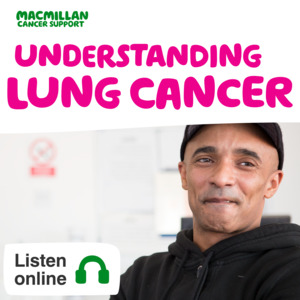Lung Cancer Awareness Month
November is Lung Cancer Awareness Month.
Find out more about signs and symptoms, and where you can find information and support. You can also find out how you can make a difference this Lung Cancer Awareness Month.
About lung cancer
What is lung cancer?
There are two main types of primary lung cancer. These are:
Sometimes cancer spreads to the lungs from somewhere else in the body. This is called lung metastases or secondary lung cancer.
We also have information about cancer that affects the lining that covers the lungs (the pleura). This is called pleural mesothelioma.
In this video, Dr Ranj is joined by Dr David Gilligan to take an in-depth look at lung cancer, exploring its symptoms, testing, stages and treatment options.
Signs and symptoms of lung cancer
Lung cancer may not always have symptoms early on.
The symptoms of lung cancer can include:
- a cough for 3 weeks or more
- a change in a cough you have had for a long time
- a chest infection that does not get better, or repeated chest infections
- feeling breathless and wheezy for no reason
- coughing up blood
- losing weight for no obvious reason
- feeling tired
- chest or shoulder pain that does not get better
- a hoarse voice for 3 weeks or more.
If you have any of these symptoms, it is important to get them checked by your GP.
We have more information about the signs and symptoms of lung cancer.
Lung cancer screening
In England, the NHS is beginning lung cancer screening health checks to diagnose people at risk of lung cancer at an early stage. This is for people over 55 years who smoke or used to smoke. There are plans to start similar programmes in Scotland and Wales. You can find out more about the screening programme on the NHS website.
Information in your language
We produce information about lung cancer in 16 different languages.
Support for people affected by lung cancer

Macmillan Support Line

Online Community

Other ways we can support you
More information resources about lung cancer
Fundraise for people living with cancer
How we can help








